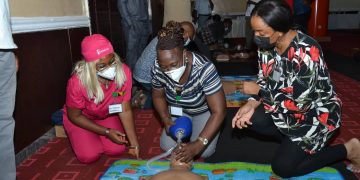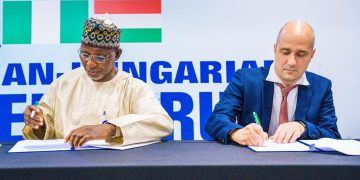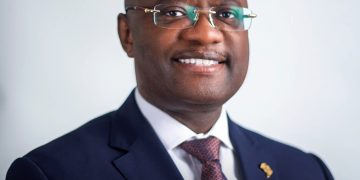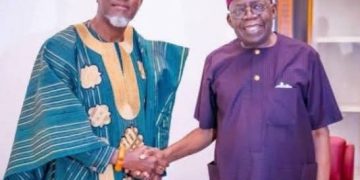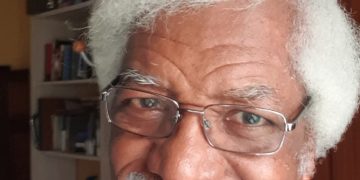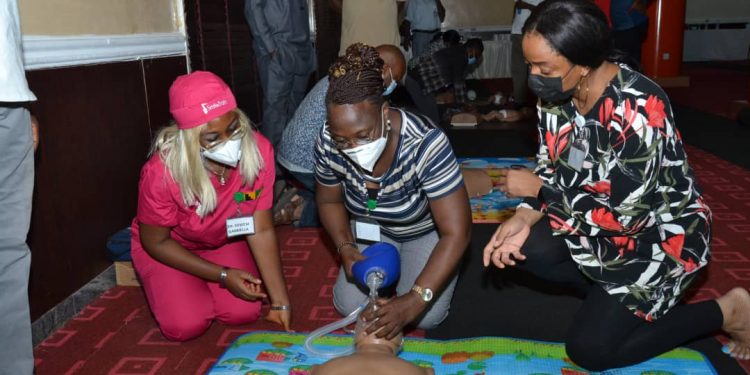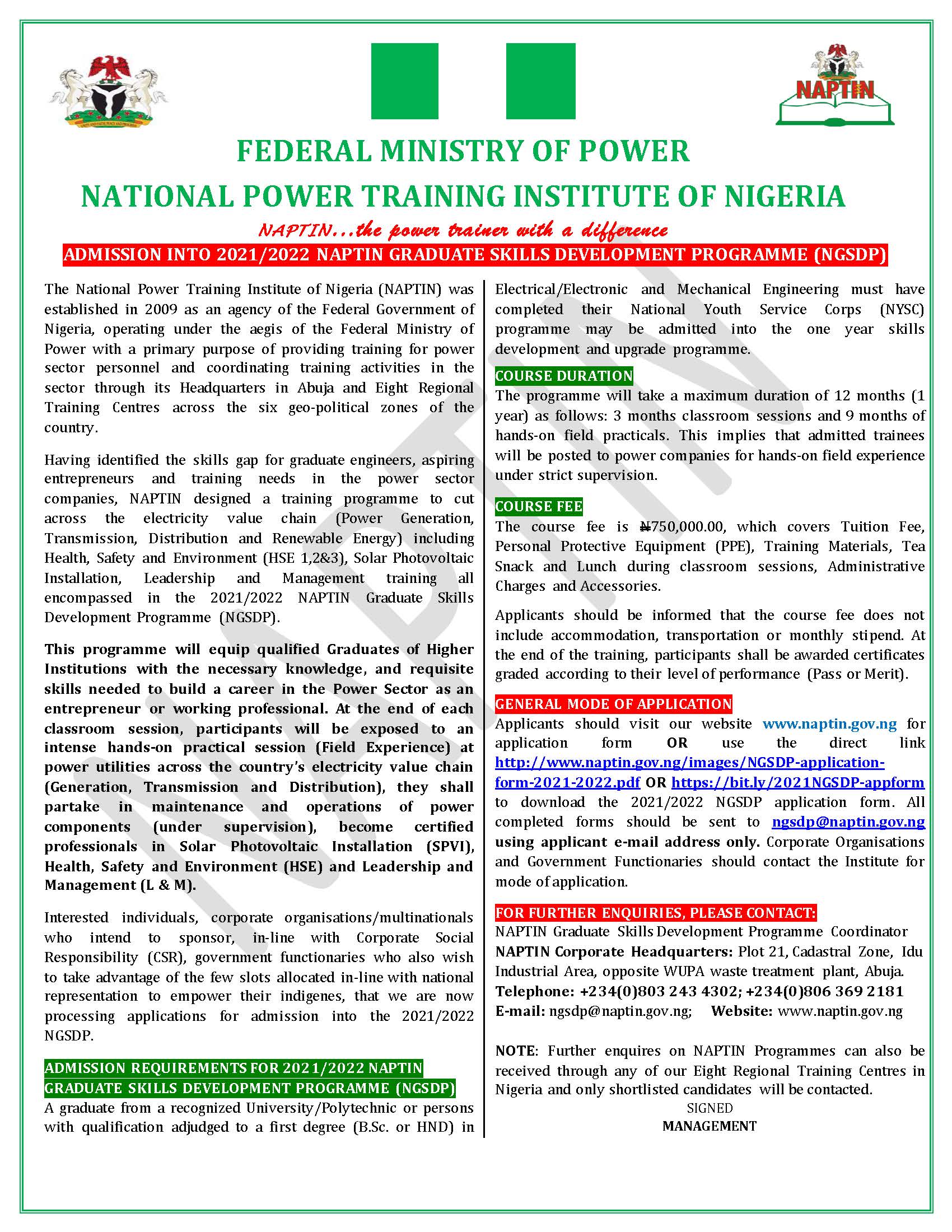In line with the implementation strategy of the National Surgical, Obstetrics, Anaesthesia and Nursing Plan (NSOANP), a total of 144 medical doctors in Nigeria are currently being trained on basic life support and paediatric advanced life support.
NSOANP is a policy programme of the federal government of Nigeria, which is domiciled in federal ministry of health, and is being implemented in partnership with Smile Train, a non-profit organization that works to improve access to healthcare for underprivileged and underserved individuals.
The development process of the programme is founded on six core domains adapted from the World Health Organization (WHO). It replaces access to essential medicines with surgical infrastructure and places the medicines required for surgical care, such as anesthetic agents, within care delivery itself.
The four-day training, which is taking place across the six geo-political zones of the country, is aimed at providing healthcare workers with the necessary skills to provide basic life-saving intervention to anyone who collapses suddenly, experiences a cardiac arrest, or heart attack.
While declaring the training open, Smile Train Program Director for West and Central Africa, Mrs. Nkeiruka Obi, explained that Smile Train’s intervention was to ensure that the NSOANP programme is actualised.
“Smile Train has given life to the NSOANP Nigeria project. We have signed a MoU with the federal ministry of health for implementation of the NSOANP. We also have a partnership on cleft e-registry platform aimed at mapping out patients with cleft to enable them have access to free and quality care.
“There is need for us to equip our healthcare professionals with basic life-saving skills that meet the needs of under-served communities”, she stressed.
The co-chairperson for NSOANP, Prof. Emmanuel Ameh, explained that NSOANP is a policy programme of the federal ministry of health.
He maintained that the ultimate goal of the plan is to scale up access to safe and timely surgical care for the population.
“The ministry created the NSOAP committee which is working with surgical providers to improve professional capacity in life support skills. We are now at the level of implementation, we are gradually beginning to implement NSOANP using various entry points and Smile Train is supporting in several aspects of the implementation.
“The current activity that we are deploying is to provide life support skills to surgical providers.
“We are hoping that once we saturate our hospitals with these skills, we will begin to gradually expand it to other segments of our population, such as teachers in schools and down the line to students”, Prof Ameh stated.
For her part, the administrative coordinator for the training and consultant anaesthetist, Dr. Aderonke Obisesan, hinted that the ultimate goal was to ensure that the trained doctors will be adequately empowered to train others in life saving skills.
Also speaking during the training, one of the lead instructors, who is also an anaesthetist with the Federal Medical Centre, Katsina, Dr. Ibrahim Salisu, explained that the training was very important, considering the number of people that suffer cardiac arrest without those around them knowing what to do.
Another Anaesthetist with the Federal Medical Centre, Abuja, Dr. Gabriella Ekwem, said the doctors learnt skills involved in resuscitating a patient, as well as the essentials of early recognition and prompt intervention, which are very key in life-saving procedures during emergency situations.
